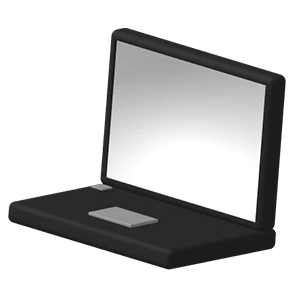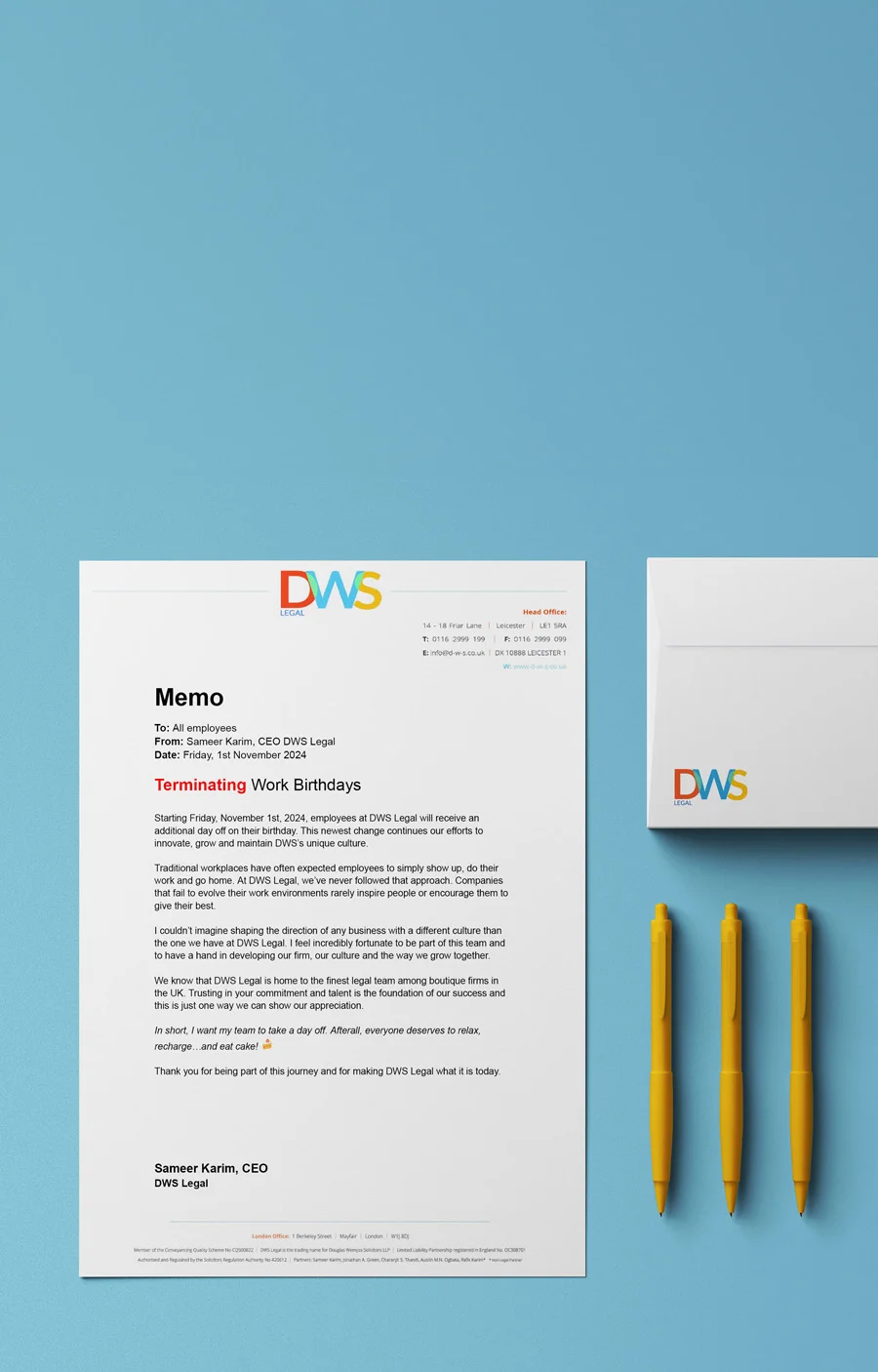Overworking has consistently proven to be bad for our health – it makes us sluggish, tired and makes us more likely to burn out faster.The fast-paced environment of work that many of us live in causes us to feel like we can’t take breaks – and that by doing so we’re failing at work.But more than often that is not the case – as employees we are entitled to break and as employers, we are obliged to give staff breaks.All workers over 18 are entitled to a 20-minute working break within a 6-hour working period. If you’re under 18, you’re entitled to 30 minutes, when over four and a half hours are worked.If as an employer, you see that your employee has not asked for a break, you are legally responsible for making sure they do so, and to make provision available for them do so. The responsivity of the employee taking a break rests on the employer.Lawfully every person is entitled to: A break is a period of time in which the employee feels that they are free from their job responsibility, is uninterrupted and can be used as they please.If for some reason there is a 20-minute break in working, for example, a waiting time – it cannot retrospectively become a break. A designated break must remain a break.Bear in mind, the rest break of a day does not have to be paid – it the choice of the employer. Employers can also dictate when the break is taken – however, the break has to be in the middle of the working day, and they can be away from their workstations.Young workers under 18 are entitled to slightly more rest – for example, they are entitled to a 30-minute break if they work more than four and a half hours. They are also entitled to 12-hour break between shifts within a 24-hour window. And under the law, they are also entitled to 48 hours leave in a week.Disputes can often arise about work breaks. To resolve issues or to seek legal advice speak to one of our team on 0116 2999 199.
Contact Us
Get In Touch Today
Do you have a legal query? Contact us for a no-obligation consultation.














.webp)









.webp)



